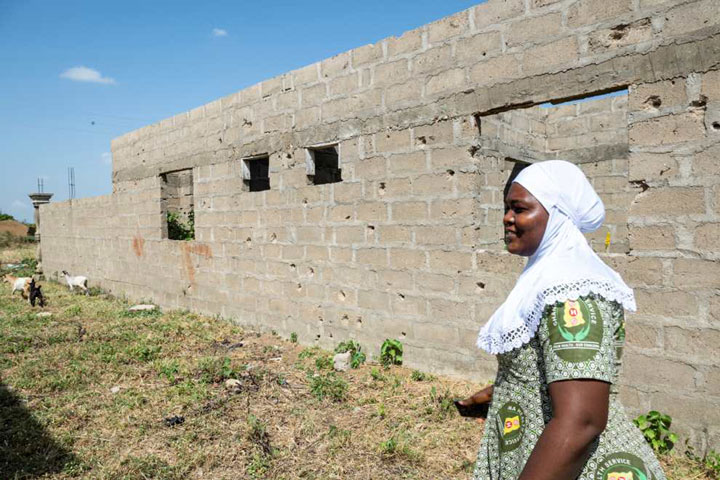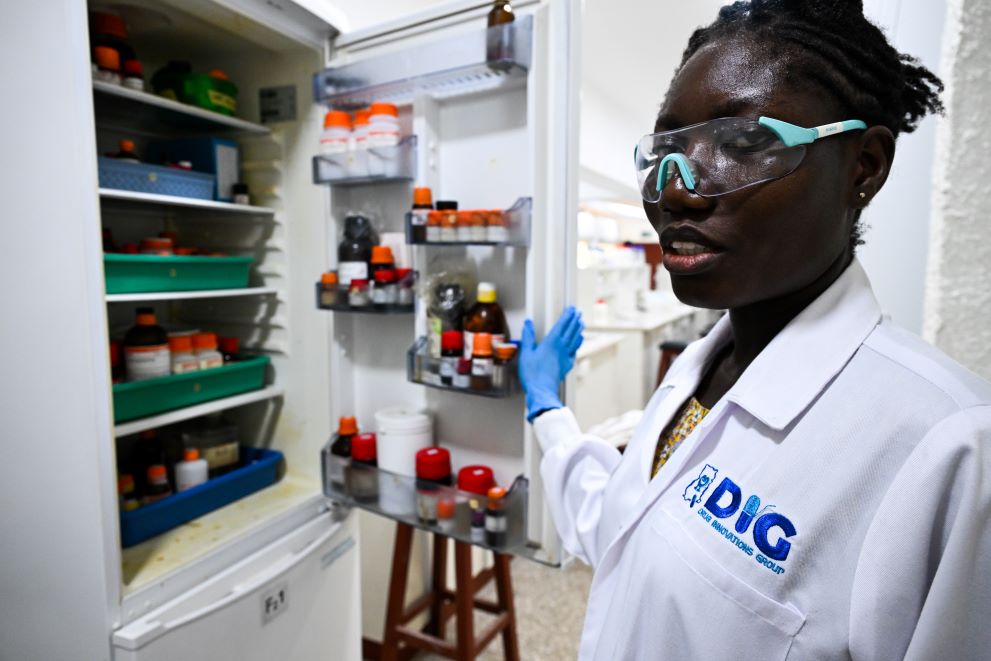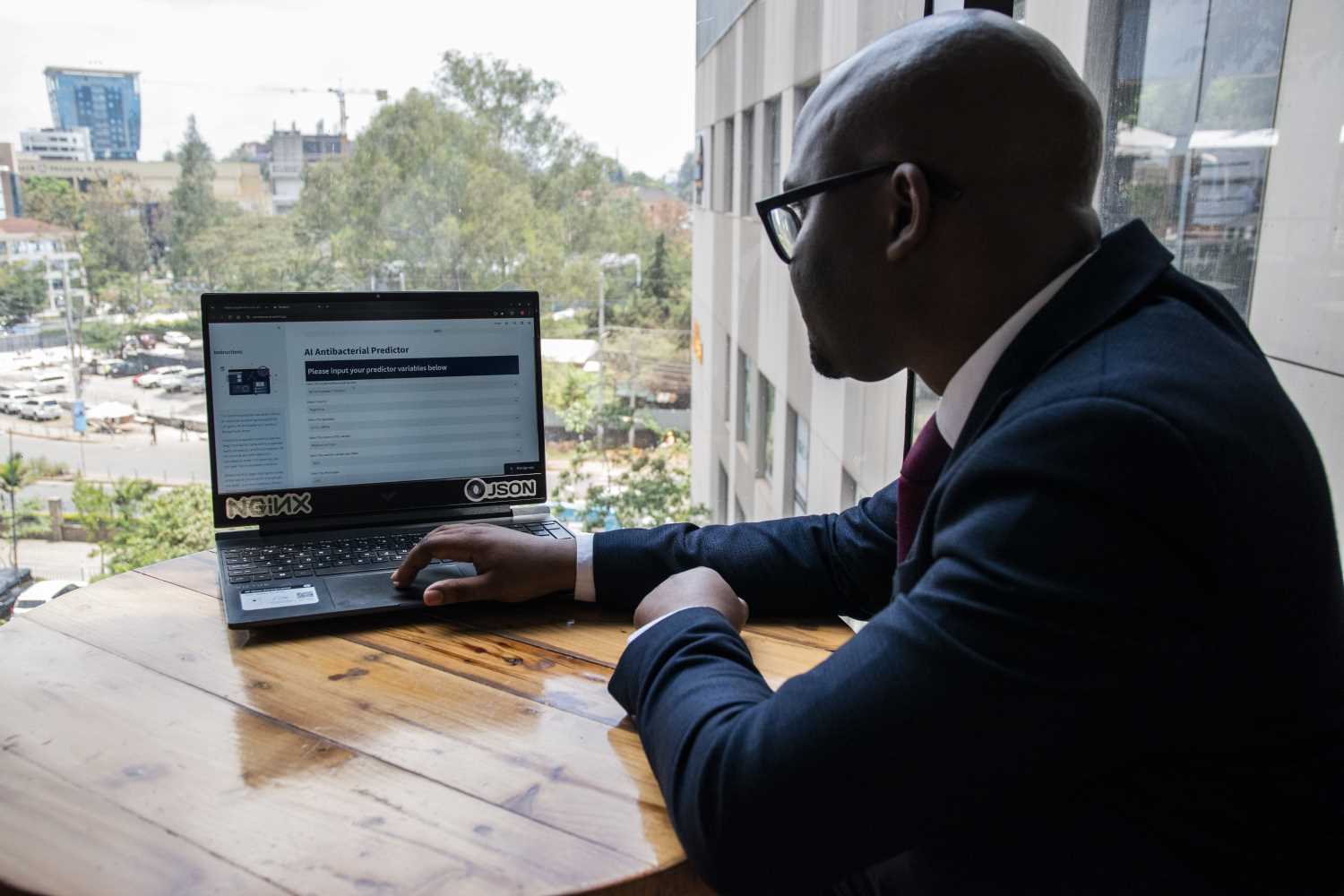Ghana confronts the challenge of financing pneumococcal vaccination after Gavi
The pneumococcal vaccine, introduced a decade ago, has proven its effectiveness. But its price is rising, and with Ghana’s potential transition from Gavi support on the horizon, how can its long-term accessibility be ensured?
- 19 March 2025
- 6 min read
- by Claudia Lacave

Pneumonia kills 2,000 children per day worldwide and is responsible for 16% of deaths among children under five in sub-Saharan Africa, making it deadlier than malaria. At Accra’s specialist children’s hospital, it was the leading cause of death in 2023, and has consistently ranked among the top three causes of hospital admissions over the years.
Dr Mame Yaa Nyarko heads the Princess Marie Louise Hospital, the only public paediatric specialty facility in Ghana’s capital. Wearing her royal blue coat, she moves swiftly through the chaotic paediatric emergency room – answering a call, checking an Excel file, directing a nurse administering medication to a young patient with a bandage wrapped around their head.
Having worked in paediatrics since 2007, Dr Nyarko has witnessed the evolution of the disease and, most notably, the impact of the 13-valent pneumococcal conjugate vaccine (PCV): “Following vaccination, there was a noticeable decline in pneumonia cases, but an even more significant reduction in meningitis cases,” she says. [Dr Mame Yaa Nyarko, Director, Princess Marie Louise Children’s Hospital Ghana]
PCV-13 is a vaccine against pneumococcus, a bacterium with 90 subgroups that causes various diseases, including pneumonia and meningitis, in both adults and children. This vaccine specifically protects against 13 of these subgroups, although other pathogens can also cause these diseases. Its introduction in Africa helped reduce pneumococcal infection-related deaths by 63% between 2000 and 2015.
Ghana began vaccinating children with PCV-13 in 2012 through a co-financed programme with Gavi. But like other countries that have surpassed Gavi’s eligibility threshold – meaning that their economies are considered to have grown enough to carry an incrementally larger share of the cost of immunising their populations – Ghana could see the Vaccine Alliance’s support phase out by 2030.
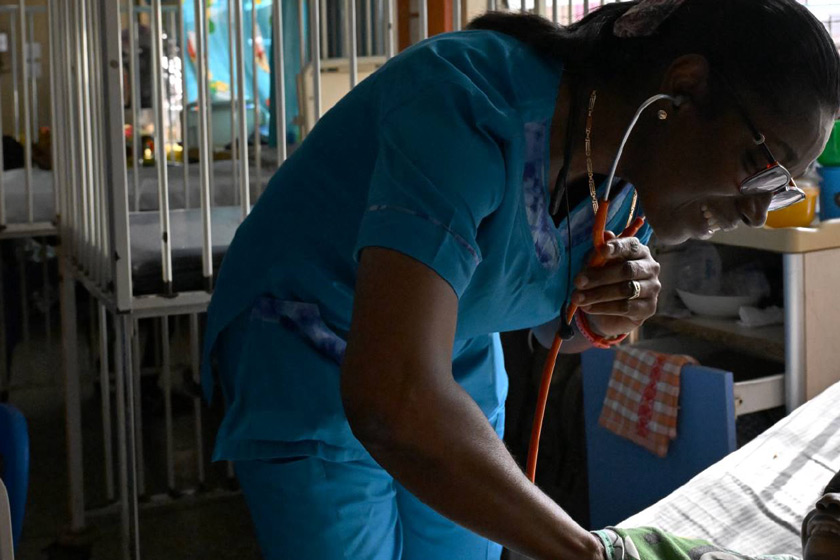
Improved health outcomes for children under five
On the hospital’s first floor, sunlight filters through blue curtains adorned with cartoon characters, casting a soft glow on the brown walls of the paediatric ward, which are decorated with children's drawings. Dr Mame Yaa Nyarko smiles as she examines a young patient – he has come a long way. Admitted a month ago with pneumonia, his condition worsened after contracting measles, but he is finally recovering and will be discharged soon.
Like him, 641 children were admitted with pneumonia in 2023 at the downtown Accra hospital, suffering from fever, a dry cough and shortness of breath. Twenty-two did not survive, accounting for 15% of the hospital’s deaths that year. But according to Dr Nyarko, most of these cases involved children who had not received all their vaccine doses, and the number of severe cases has generally declined. Vaccination coverage stood at around 95% in 2023, according to WHO, and a high-quality systematic review estimates that the vaccine’s effectiveness after the second and third doses reaches 58% in Ghana.
Dr Kwame Amponsa-Achiano, head of the Expanded Programme on Immunization at the Ministry of Health, has also observed the vaccine’s impact: “This was evident in 2016, just three years after the programme began, when we experienced a massive outbreak of pneumococcal meningitis. It was primarily adults who were affected, whereas children under five – those who had received the vaccine – were much less impacted.”
Have you read?
At the children’s hospital, the improvement is noticeable in daily practice, recalls the director: “It now takes a long time before my interns see a case of meningitis. When it happens, and we have to extract cerebrospinal fluid – a procedure called a lumbar puncture – they all gather around to watch. When I was a young doctor, it was part of our daily routine.”
The disease manifests with sensitivity to light, headaches, fever and neck stiffness.
Northern Ghana lies within the African meningitis belt, a geographic zone stretching from west to east just below the Sahara, where meningitis rates are endemic. However, the introduction of PCV-13 into routine immunisation helped lead to a 51% reduction in cases among children under five between 2013 and 2016, even though outbreaks remain recurrent.
Beyond its health benefits, vaccination also has economic advantages. A research team from the University of Ghana calculated that between 2012 and 2031, vaccination could save the country 48% of costs related to treatment and lost productivity for caregivers. As Ghana prepares to transition out of Gavi’s support programm, the team aimed to quantify the cost-effectiveness of PCV-13 to inform future policy decisions.
The main takeaway? Maintaining PCV-13 vaccination is cost-effective compared to no vaccination at all.
Conducted as part of a master’s programme in health economics, funded by WHO in Ghana, the study estimates that immunisation would cost the state US$ 130 million between 2012 and 2025, and US$ 275 million from 2026 to 2031, assuming Gavi’s support ends in 2026. Meanwhile, the cost of treating a single case of pneumococcal disease is estimated at US$ 777.
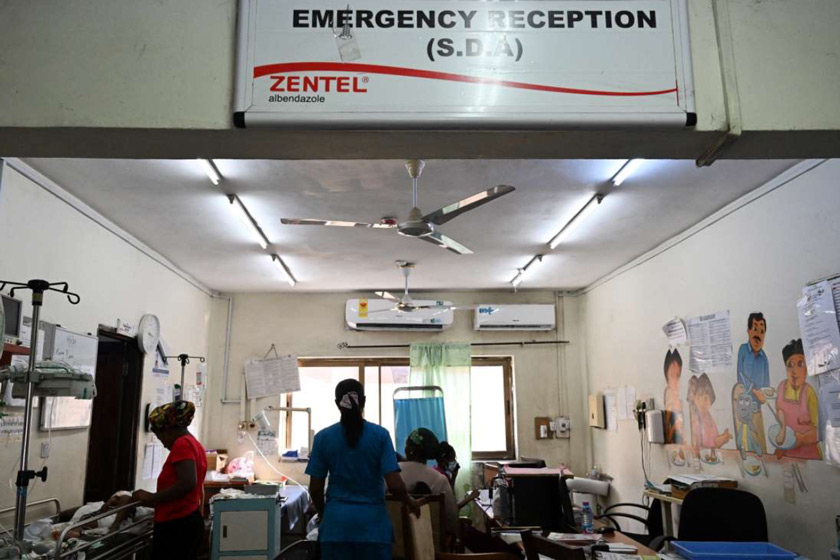
Credit: Claudia Lacave / Hans Lucas
Looking ahead to 2030: striking a balance
Ghana is currently in transition to phase out of Gavi support, with full transition set for 2030.
Gavi recently raised the eligibility threshold to a Gross National Income (GNI) per capita of US$ 2,300 (three-year average). Ghana is right on the edge, with current estimates hovering around US$ 2,280. Final data, expected in July 2025, could determine whether the country remains eligible or officially graduates from Gavi support.
Ghana currently covers 66% of PCV-13 costs through co-financing via its national health insurance scheme. However, to ensure the programme’s long-term sustainability, alternative funding options are being explored, such as dedicated taxes or involvement from donor organisations.
The stakes are high: the long-term success of Ghana’s immunisation programms will depend on the government’s ability to mobilize national resources while maintaining high vaccine coverage to prevent the resurgence of pneumococcal diseases and other deadly pathogens.
The country is also engaging in regional initiatives. In July 2024, Côte d'Ivoire hosted a first meeting with several transitioning countries, including Ghana, to discuss sustainable financing for health and vaccination programmes. A second meeting took place at the end of 2024, during which countries developed roadmaps to implement commitments made under the Abidjan Declaration.
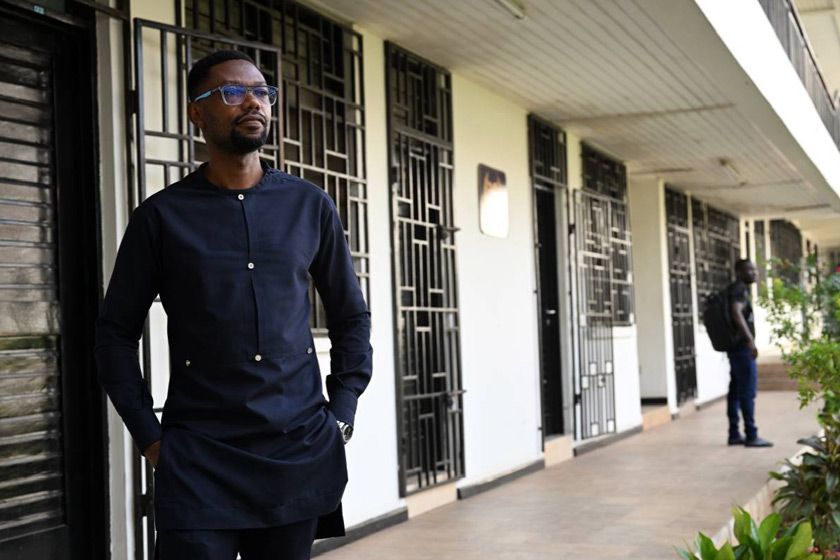
Credit: Claudia Lacave/Hans Lucas
Promising strategies, but implementation challenges
Following John Mahama’s election in January 2025 and the formation of a new government, Ghana is entering a new political phase. Economic reforms and efforts to strengthen Universal Health Coverage could help secure funding for vaccination programmes like PCV-13.
The stakes are high: the long-term success of Ghana’s immunisation programms will depend on the government’s ability to mobilize national resources while maintaining high vaccine coverage to prevent the resurgence of pneumococcal diseases and other deadly pathogens.
The debate on PCV-13 funding must also be considered in the context of other newly introduced vaccines. Ghana has made strategic choices by adding essential vaccines, such as the malaria vaccine and, soon, the HPV vaccine, to the country’s routine immunisation programme.
While these advancements represent major public health milestones, they also come with significant costs. Striking a balance between expanding the vaccination programme and maintaining financial sustainability will be a key challenge in the coming years.
Ghana has made remarkable progress in vaccine coverage in recent decades, and now faces challenges on its journey to self-sufficiency. The country’s ability to anticipate these challenges will be crucial in preserving its public health gains.
